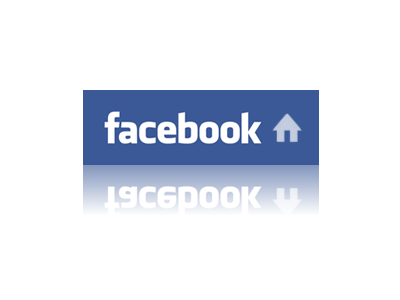With its recent introduction of the “Like” button, the question has been swirling, “Is Facebook the next Google?”
Much of this talk has been driven by how the new “Like” button provides Facebook with proprietary data about the popularity of pages across a vast amount of sites. Talk has only gotten more intense as links to external sites have been seen in Facebook search results.
But can Facebook really replace Google?
Right now, Facebook is hardly a blip on the radar screen as far as a search engine goes. People go to Google to search…they go to Facebook to interact with their friends. And as long as Facebook isn’t a toolbar option and doesn’t require a person to be logged in to do a search, this situation will continue.
Another big difference between the two – search engines like Google judge a site’s credibility by the number of links rather than the number of “likes.” Many websites will never have a like button so there’s concern there.
And if Facebook relies entirely on “likes,” they may not have any information to determine what kind of page would draw an “unlike.” How likely are you to “like” an article you read…I’m more inclined to link to it from my blog for instance.
There’s nothing that says Facebook cannot start crawling the web and indexing pages. But Google has a decade head start on building a search engine. And even with lots of marketing and software expertise and investment, Microsoft’s Bing has struggled to compete with Google.
Levels of personalization available with Facebook will ultimately drive more people to its corner. While Google can help you find just about anything under the sun, Facebook is in a better position in terms of what you and your friends care about – something Google is just starting to explore with its social and personalized search features.
Going forward, there are tremendous opportunities for growth in Facebook. All of your interesting content should include a “Like” button…it’s one of the most important social sharing buttons for driving visibility and links to your site.
Facebook is also pushing for widespread adoption of its Open Graph Protocol, which calls for a standard set of meta tags along with variable tags depending on the content.
In the short term however, you shouldn’t expect a big lift from Facebook but down the road you might so it doesn’t hurt to explore the options Facebook presents…just don’t forget about your SEO and other elements for ranking high in the search engines.
According to recent data from Compete, there’s no doubt Facebook can be a major source of traffic.

